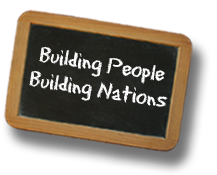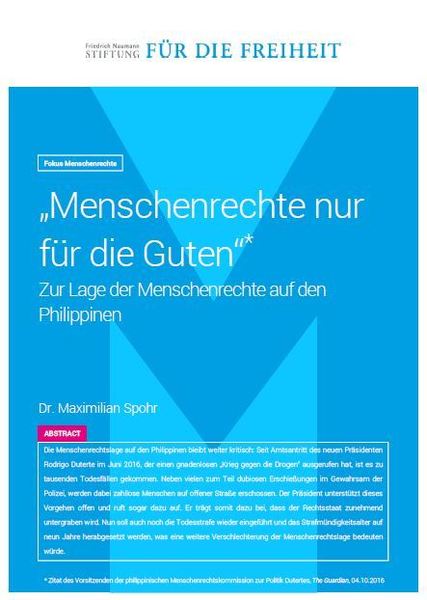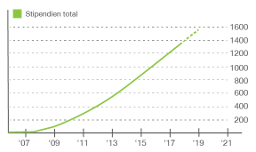Our clear focus on sustainable impact and newly launched goal to empower 1'000 Young Entrepreneurs have allowed us to take the lead.
Blog
Human rights only for the good ones: On the state of human rights in the Philippines
Posted on 04/06/2017 at 12:16PM
Written by Dr. Manuela Anstoetz, Southern Cross University, Australia.
The „war on drugs“ in the Philippines, forcefully implemented by President Rodrigo Duterte, has resulted in the death of more than 7000 people since the president’s recent election in June 2016. These deaths are largely assigned to arbitrary killings by self-declared vigilantes, or to deaths in custody. An escalation of such extrajudicial killings, a 20-fold increase compared to the first half of 2016, appears to be an accepted means, and tolerated by both the government and the public.
Human right abuses on the Philippines have fuelled public criticism and repeatedly been brought up at international meetings. Specifically, the problem of “extrajudicial, summary and arbitrary killings – a term that was clarified by the UN in 1982 – has been discussed by Dr. Maximiliar Spohr, Friedrich Nauman Stiftung, in the recent report. The new figures document the death of more people in a few months than during the entire phase of martial law under the Marcos-Regime.
Interestingly, so far, the drastic measures implemented to address the drug problem in the Philippines have not reduced President Duterte’s popularity. He had started his ruthless measures to fight drug crimes and abuse as a public prosecutor, and then as a mayor, of the city of Davao in the southern Philippines. There, he publicly supported the death squads that appeared in large numbers and conducted extrajudicial executions of alleged drug dealers. Duterte’s political popularity arose among the worldwide phenomenon of right wing populists’ successes, using polarising election campaign rhetoric, and promising complete eradication of all crime; his supposedly successful campaigns in Davao eventually led to his overwhelming election win.
Ronald dela Rosa, Duterte’s confidante and police chief, who was made head of the Philippine National Police after the election started “Operation Double Barrel” on national level, where not only alleged drug dealers in the streets were targeted, but also government representatives (e.g. members of the justice system, local politicians). Some attention was raised when the mayors of two Philippine cities were shot by police, one of them in custody.
Overall approval rates for Duterte and his drastic strategies do not seem to be affected by such events, as the people value the concomitant reduction of petty crime and improved public safety. Duterte’s rhetoric appears to have resulted in a massively increased fear of crime amongst Philippine citizens, and the measures to achieve safety are tolerated, even if they mean abandonment of the Rule of Law. This is despite the fact that in the early 2000s, the Philippines had good success in reducing drug addiction and related crime from standard measures approved by the UN Office on Drugs and Crime, which operated without massive human rights abuse.
So far, no statistical data are available that prove major successes in reducing the drug problem, from the strategies of the Duterte Regime. Besides the aggressive stance of the Duterte administration against any critics of their policies, it is of great concern that the government now seeks to reduce the minimum age of criminal responsibility to 9 years of age, together with a re-instatement of capital punishment, which had been in a moratorium since 2006.
Spohr’s discussion paper did not leave much room for a positive outlook on the situation. However, we at Aiducation believe that education is a key to overcome inequality, poverty and hopelessness, the proven determinants for potential drug addiction and drug-related crime all over the world. Aiducation scholarship applicants, such as Kian, Risha-Anne, Allyssa-Mae, already have awareness of the situation in their country. They want to become a lawyer to improve the lives of their peers and relieve inequality. In the light of proposed legal changes to the minimal age of criminal responsibilities in the Philippines, young role models like these represent the hope of a nation – it is Aiducation’s mission to given them access to education so they can enfold their potential. If you want to help us with this, donate a scholarship to one of these or one of the many other young students waiting for a scholarship today.
Tags: Philippines, Background



 Jetzt spenden
Jetzt spenden 













